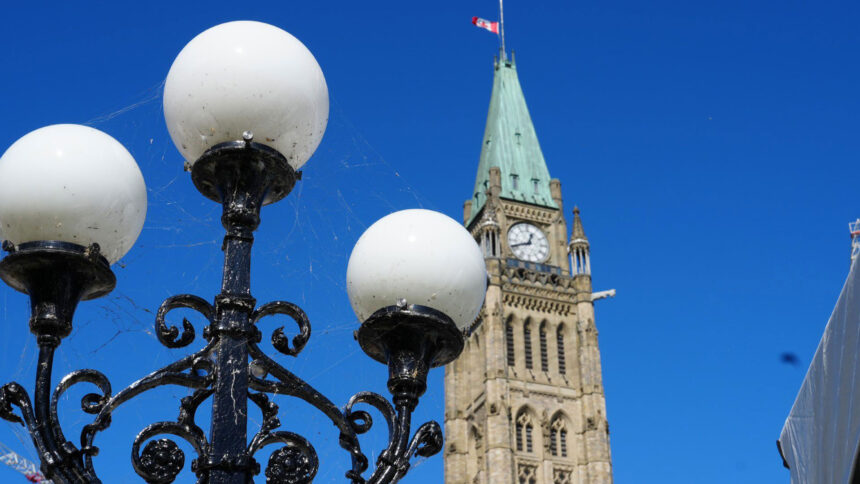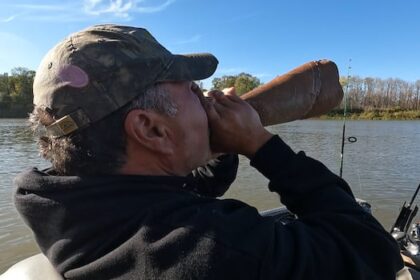Members of the National Children’s Chiefs Commission (NCCC) say they’re waiting to hear if a meeting can be arranged with the minister of Indigenous Services over negotiating a national deal to reform the First Nations child welfare system on reserve. The 11 commissioners on the NCCC say they wrote to Minister Mandy Gull Masty at the beginning of the month, but say they haven’t received a response. “I’d like just to encourage that she doesn’t delay the conversation because it’s necessary,” said Pauline Frost, commissioner and chief of Vuntut Gwitchin First Nation in Yukon. “The longer we delay this reform, then the longer our children are left without the critical supports in the critical services they deserve.” The NCCC was formed following two resolutions at an Assembly of First Nations gathering in 2024, after chiefs rejected a proposed deal that Canada had offered. The deal, the government says, was worth $47.8 billion. The goal of it was to revamp the on-reserve child welfare system that the Canadian Human Rights Tribunal (CHRT) ruled was discriminatory. The CHRT also ordered Canada to stop the discrimination and work with the parties in the tribunal case – The Assembly of First Nations, First Nations Child and Family Caring Society, Chiefs of Ontario and Nishnawbe Aski Nation – to come up with a plan to change the system. When that failed, the chiefs in assembly formed the NCCC and ordered it to take over negotiations of the child welfare and Jordan’s Principle reforms. First Nations in Ontario went their own way and are currently negotiating the deal chiefs in other provinces turned down. Canada has yet to meet with the commissioners on the NCCC. APTN News reached out to Gull Masty’s office to see if the minister would meet with members of the commission, but no one responded. “We come from across the country and the intention for us to come here was so that we can essentially meet in person and try to set up some of these meetings,” says Frost, “to get to meet with the ministers as well, and then to meet in person.” The NCCC is meeting in Ottawa at the same time chiefs from across the country are in the nation’s capital to discuss Bill C-5 – the federal government’s legislation that aims to push through projects of national interest. Chiefs were not consulted when the legislation was being written – or before it was passed on June 26. The legislation allows a minister in cabinet to sidestep several laws, mostly environmental, to ensure approved projects go ahead. Decisions on how a project was awarded do not have to be debated in Parliament. “The [Bill] C-5 is really about the economy of Canada and nation building,” says Frost. “It’s hard to build the nation if you don’t help people and children. [They] need to be at the top of the priority. We have these discussions of stabilizing the economy, but we also know that as Indigenous people, we have a vested interest in the economy of Canada. A vested interest in stabilizing our communities and ensuring that we are two partners at the table.” Frost says the commission has a website, legal counsel and a negotiating team. “The intention is to come away with a process, a policy direction on advancing the work that we’ve been mandated to follow through on, and that’s to implement and reform family, children, services, and get to the negotiating table on the recommended outcomes from the tribunal,” she says. In a statement released on Thursday, Kelsey Jacko, the commissioner from Alberta and chief of Cold Lake First Nation, took a phrase from Prime Minister Mark Carney’s playbook. “The Commissioners have our elbows up and we hope the Prime Minister will join us to fight for First Nations children,” said Jacko in the statement. Continue Reading
Chiefs in Ottawa waiting to hear from Indigenous services minister about arranging children welfare negotiations

Leave a Comment










